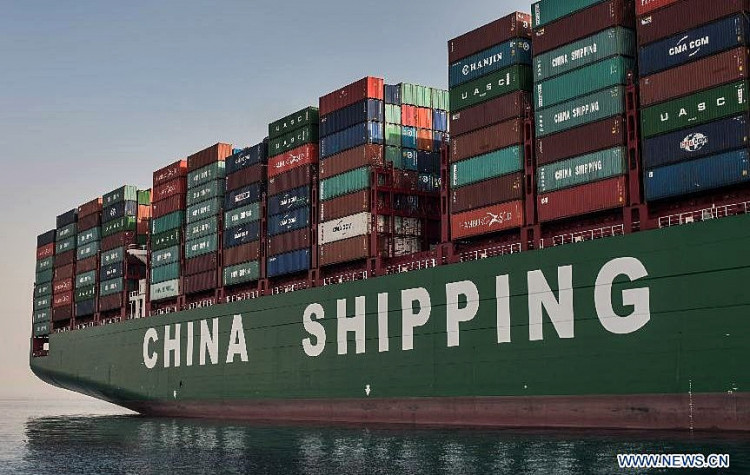U.S. President Donald Trump announced on Thursday that he plans to meet Chinese President Xi Jinping in the near future. Trump predicted that they will finalize the details of a deal that might put closure to the trade war between the two nations.
The U.S. president is expected to meet President Xi on his planned visit to China before or after his scheduled visit to Vietnam in late February to attend his announced summit with the North Korean leader Kim Jung Un.
Trump told reports in the White House that they are planning a great deal with China. He said that it is either going to be a very big deal or it is going to be a deal that they'll just postpone for a little while. In his tweet, Trump said that a round of negotiations with Chinese officials led by Vice Premier Li He is going well with good intent and spirit on both sides. The president claims that the Asian country hopes to avoid an increase in tariff which is scheduled to be imposed on March 2 if they don't agree on a deal.
Trump highlighted both during the meeting with reports on the Oval Office and on his tweets that the deal will only proper if he personally meets with President Xi. He said that no final deal will be made until President Xi meets him in the near future to discuss and agree on some of the long-standing and more difficult points.
Trump noted that theft issues will be discussed during the negotiations which refer to theft of intellectual property from U.S. firms with business operations in China. Trump also said that they will discuss the fentanyl in which he claims are illegally sent by China to the United States which is used as a replacement for heroin. On a separate tweet, he said that the deal with China must include opening the Chinese market to U.S. manufacturing, agriculture, and financial services.
It is expected that the Chinese government will agree to import more goods from the United States. However, the nation stands on their fundamental industrial policy which supports its state-owned companies that are aided with government subsidy. The United States claims that China's economic policies are prohibited by the terms of its membership in the World Trade Organization.
The United States has been pressuring China to end its requirements for U.S. companies in forming joint ventures with its Chinese firms.





